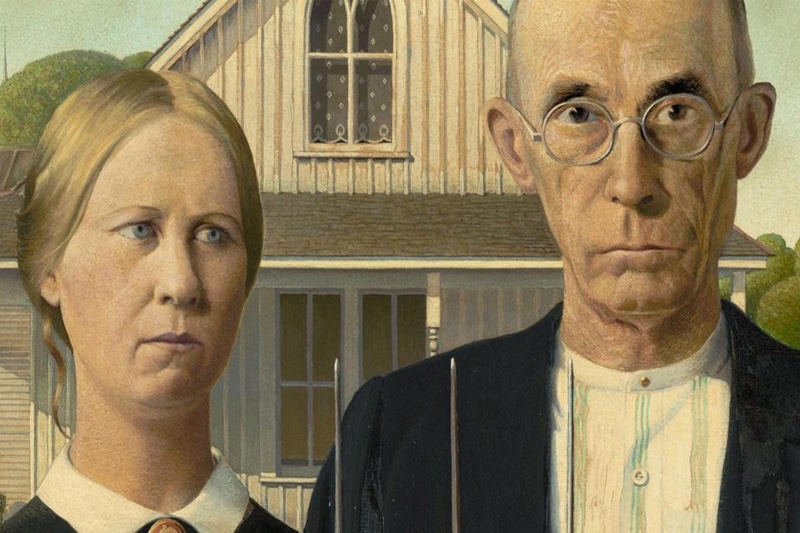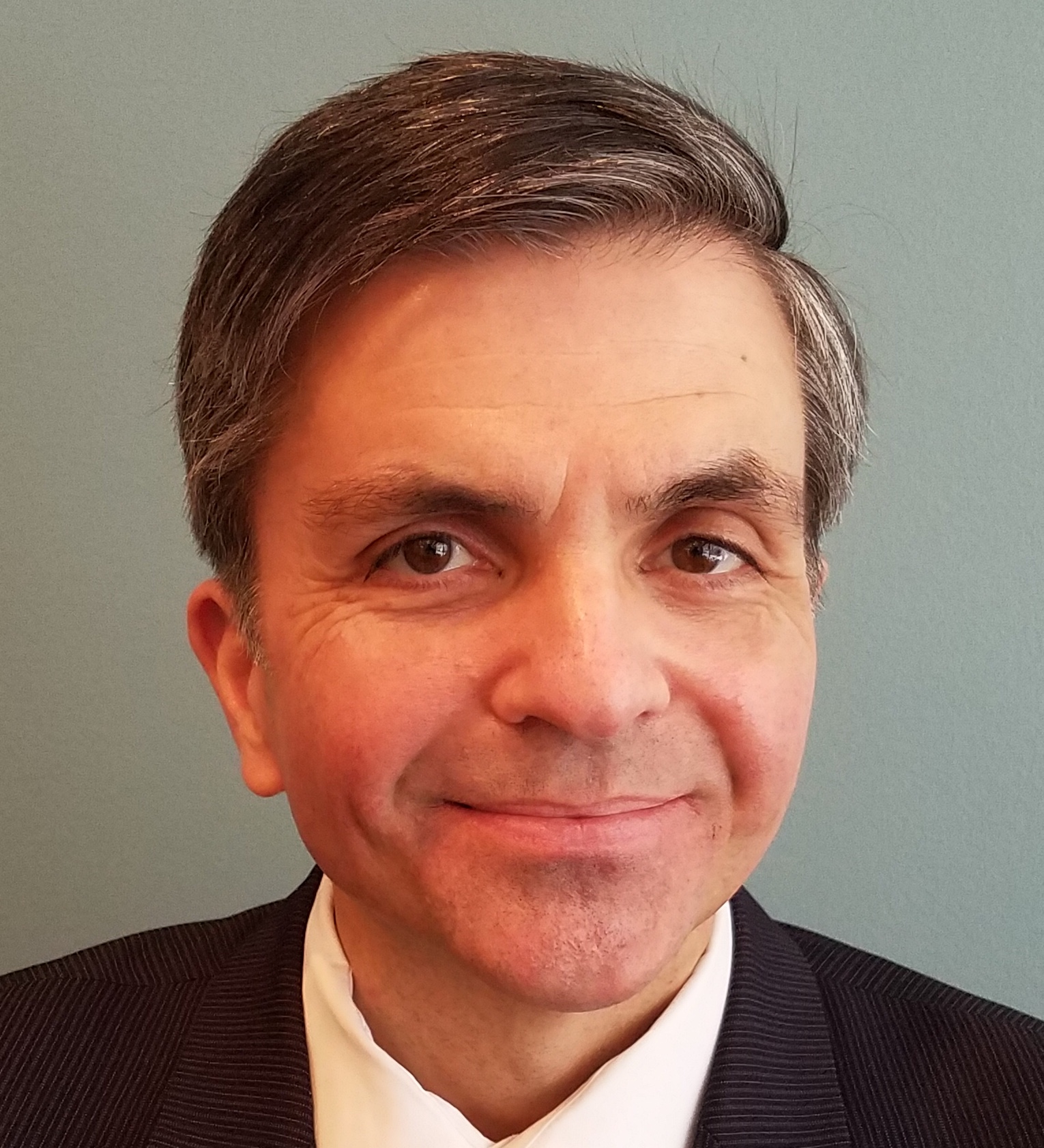Christianity, mostly Protestantism, is responsible for what’s left of resistance to legalizing marijuana, at least according to this column:
It’s 2021, and the U.S. is still struggling to legalize marijuana, a drug with medical properties that is no more dangerous than legal vices such as alcohol and nicotine. Why? Because the U.S. is a Christian country, with a Christian morality. Not that Judaism promotes uncontrolled intoxication — the Bible contains limits and warnings against becoming too drunk — but the American idea of “sin taxes” and the resistance to legalizing marijuana is rooted in a Protestant Christian idea of morality.
This columnist is not entirely wrong. She continues:
America’s roots lie in Puritanism, a Christian movement centered largely on abstinence. While the Puritans themselves actually drank quite a bit — water wasn’t all that safe back in the day, and beer was the substitute — they frowned on those who actually got drunk off of their lunchtime ale (drunkenness was considered “of the devil”). This culture of suspicion toward altered consciousness and pleasure has stuck around in American culture, eventually birthing, for example, the Prohibition era, or Massachusetts’ law against happy hour, which is still on the books. Though the Prohibition movement was officially unaffiliated with any religion, in practice its members were largely churchgoers and many of the movements were based in Methodism and Evangelical Protestantism.
She faults Prohibition on Methodists and Evangelicals. Methodists indeed were the chief promoters with other Mainline Protestants. Social Gospel advocates were more confident about Prohibition than were more salvation-focused Evangelicals. She notes:
Even after the 21st Amendment was ratified, repealing Prohibition, these ideas of morality remained drivers of cultural norms of the U.S., pushing the country toward moralism, a Protestant idea of a perfect society with no vices. It was these desires that led t an antagonistic relationship with marijuana that persists today.
Yes, Social Gospel Protestants, especially Methodists, did envision a perfected society, eliminating vices, crime, poverty, injustice, prejudice, and basically changing fundamental human nature. There were many disappointments in this quest, of course. But defeat on one front, like Prohibition, often meant going to war on another moral front. This columnist asserts that failure to crush booze led to crusades against marijuana:
After Prohibition was repealed in 1933, the temperance movement began to look for another scapegoat on which to pin society’s ills, and landed on marijuana. The drug had been brought to the country by immigrants fleeing the Mexican revolution, and its use was easily associated with eugenics ideas of racial inferiority. Meanwhile, it was also growing in popularity within the jazz clubs and the Beat movement, which were already decried for their loose morals.
As she tells it, Christian opposition “helped marijuana become the ultimate symbol of counterculture. It came to represent freedom from the bonds of a strait-laced American morality, a staid white picket fence lifestyle — and Christianity.”
True, moral opposition can glamorize vice and self-indulgence, turning what is lamentably destructive and foolish into glamorous defiance of convention and prudery. Human nature ensures there’ll always be resistance to even the wisest legal restrictions. But any orderly society of course needs restrictions. The question is always to what degree.
Social Gospel liberal Protestants in trying to consummate God’s Kingdom through social reform were maybe more ambitious than previous generations who were more patient to await the eschaton. But the columnist is right that America has always had a Puritan and perfectionist impulse informed partly by Christian asceticism. This impulse is often mocked. There’s Mencken’s famous quote that Puritanism is “the haunting fear that someone, somewhere, may be happy.”
But the Christian ideal valorizes sacrifice. Self-gratification distracts from holiness and service. Laziness, sloth and mindless entertainments are the Devil’s tools to distract from God’s work, the uneasy Christian conscience concludes. There is also the high regard for the human body as God’s holy temple, which should preclude corrosive substances and indulgent pleasures.
Christian influenced civilization traditionally criminalizes activities and substances in ways that laissez-faire freethinkers find oppressive. Wise Christian statecraft recognizes unchanging human nature and strives to contain dangerous vices while admitting civil laws cannot save souls or reach too far. No society realistically can eliminate recreational drugs, prostitution, pornography and gambling.
But removing all limits, as libertarians and libertines often advocate, can create chaos and fuel even more dangerous criminality. There is also the symbolic role of civil law as teacher. What is legal is often widely presumed to be morally permissible.
Right now America is in a permissive mood that is legalizing controlled substances, legitimizing prostitution as “sex work,” embracing gambling as economic stimulant, and accepting pornography as harmless pastime. This permissiveness will run its course, until its excesses will provoke a new more restrictive era. Social Puritanism may recede for a season but it never disappears. Often it just morphs into new arenas.
While civil laws may liberalize, there’s no reason for churches to become indifferent to recreational drugs. The columnist disapprovingly but correctly understands that Christianity intrinsically rejects intoxication and escapism. Yet how much of U.S. Christianity is forcefully speaking today?
Every nation needs its mature voices, however mocked, to warn against self-indulgence and excess. Adolescents may resent their reproving parents but they still expect the reproof as evidence of love and concern. Churches should always be ready to act as adults in society, risking resentment in service to divine love and the common good.
As the columnist complained, America’s Puritan instinct and moral perfectionism can be a self-righteous nuisance. It is also, in its tensions and paradoxes, intrinsic to America’s identity, moral grandeur and glory.






Comment by Douglas Ehrhardt on April 23, 2021 at 5:13 am
Having lived through a 30 year drug addiction which included marijuana, and then working in a treatment facility for years, I have witnessed the destruction of drug addiction on both sides. It took me around 10 years to feel normal. Daily pot use leaves the user mentally physically and spiritually ruined. The people pushing this are living in unreality. I also watched the changes to Colorado. It was very plain to see. The so called sophisticated are removed the lower class people who end up homeless and lost.Always the people on the lower end suffer the most.
Comment by David on April 23, 2021 at 6:16 am
The article seems to echo a TV series from several years ago, “Illegal drugs and how they got that way.” As mentioned, the drugs were often associated with disfavored ethnic groups. Oddly, tobacco never seemed to reach the same level of prohibition despite being addictive and causing various health problems. I suspect this was due to its being a product grown and manufactured by whites.
I certainly do not want to be run over by anyone driving under the influence of any kind of substance. However, illegality has not reduced availability. The War on Drugs was another Vietnam or Afghanistan in terms of a lost cause. Americans need to recognize that there are limits to what we can realistically accomplish.